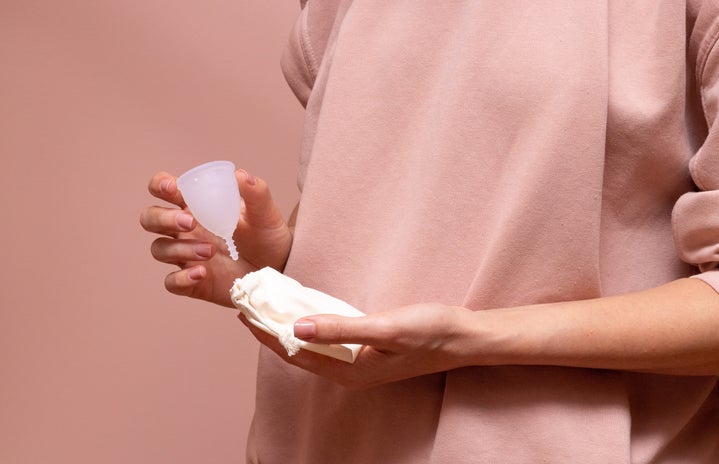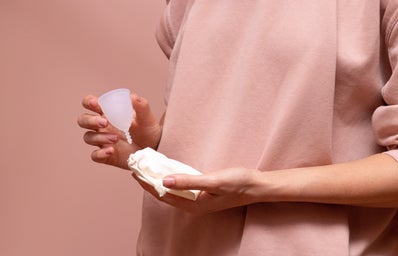If anybody brings up the topic of menstruating, I am quick to participate. Too quick some might say. I have come to realise that I will always indulge in conversation about menstruation. Whether it is complaining about the cramps, or…well it is usually just that, complaining about the cramps. It is a little more than that though, it is a shared experience that is binding for around half the human population and I am usually happy to participate in any kind of “period” talk.
But for the past five years, there has been one proviso. To inform people, quite repetitively and loudly that I have been menstruating sustainably for over five years now. To make it a point to advise people to do the same, and to tell them how much better it will be for them. While I am buying my second packet of biscuits and throwing the plastic into an unsegregated bin, outside of new Narsi, I remind myself that I menstruate sustainably, and perhaps need to remind people of the same.
I realise it is not pride that has fastened me to the menstrual cup or the cloth pad, how can it? Even if it did, the labour of the constant washing of the pads and the sterilisation of the cup would slowly wipe it away. Pride is not enough to continue the labour of sustainable menstruation, it is most definitely guilt, the guilt of being a consumer.
I remember when I was first starting on the cloth pad. I was given many instructions before my purchase, and one of my friends who had also been using cloth pads for atleast a year by then, was informing me of what I had to do to maintain the hygiene of the process. Soaking, washing, drying under the sun, and if the day was gloomy then longer hours of drying. And after my period for the month was over, to rinse my pads through a washing machine alone, with no other clothes along with it. This changed everything, needing to wake a half hour earlier in order to devote time to my menstrual hygiene, (at this time I had to wake up at 6AM anyway). Needing to wash my pad as the last thing before I sleep and the first thing after I wake up. Needing to have a large enough space to hurl the blood-water that the pad soaked in– ideally a space with plants, because period blood is a great organic fertiliser, rich in minerals– and needing people around me to be okay with the idea that i spend an hour a day, touching, washing and drying and cloth pad soaked in menstrual blood.
This was already too much to ask for, in a 3bhk apartment in the middle of a city. It was difficult to adjust this module of perioding to so little space. But I had to do it. I had to see it through because then, how can I proudly say that I produce no plastic waste because of my period. The females in my family, though, were thoroughly shocked.
“We used to use cloth back in the village, when I was menstruating, we have come so far since then, why are you doing this– I needed to use that bucket”, said my grandmother to me when she first observed the diligent drying and was very greatly inconvenienced by this routine. She was not wrong though, the use of cloth was standard in most of rural India and perhaps all through my grandmothers menstruating life. The ‘pad’ as we call it was a revelation of sorts and aided many women such as my aunt herself to continue going to school and college despite their period. It helped reduce the pay gap because women were not losing out on attendance. It made the period manageable, negligible, almost invisible. Use and throw pads did what the cloth could not, it secreted the mysteries of the menstrual cycle to the dustbin. Although I must add as a disclaimer, the cloth used in most of rural India before the pad, was not medically sound. There was sometimes not enough water to keep it sterilised, and more often than not these cloths were rags, not actual cloth pads made for the purpose of menstruation. But it kept the period alive, visible and in your face. The menstrual cup, though not as apparently, does the same. Needing to be sterilised, makes apparent that there is a process taking place within my body and I need to make time for it.
The loudness of sustainable menstruation comes from my guilt, yes, but also from the way these products are meant to be cared for. It is difficult to see the Pad or the Tampon as enemies because it has led to successful hygienic menstruation through time, but a closer look and these are also the same products that have pocketed away this very natural process. It is difficult and will continue to be, so perhaps my guilt will come in use once again, as it has.


